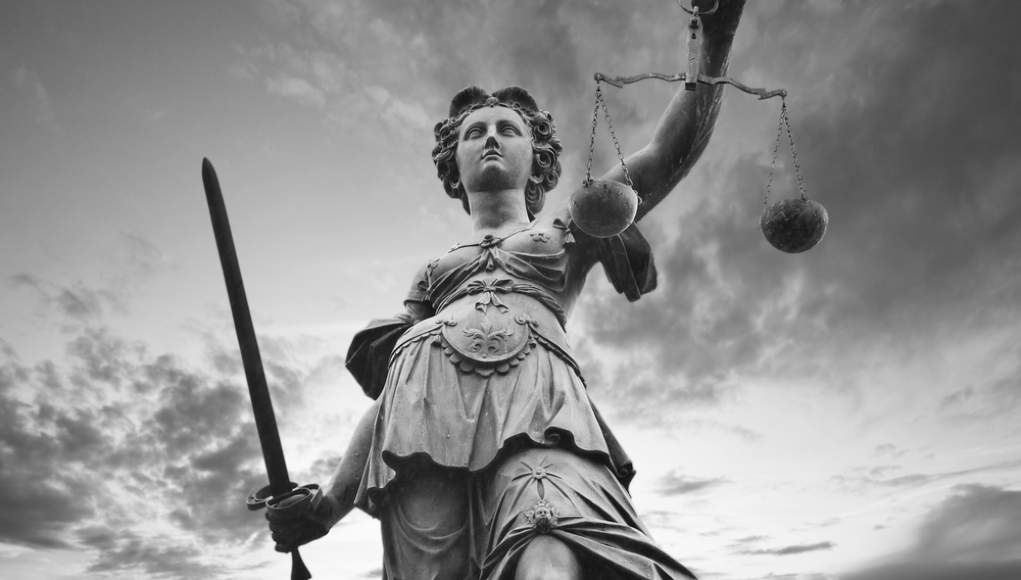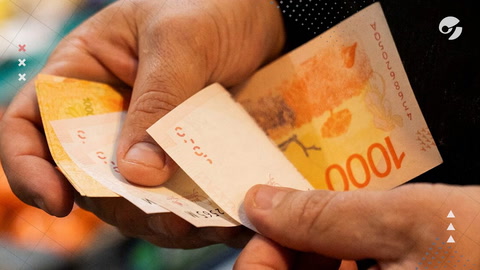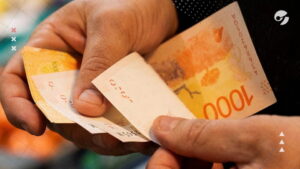In several countries around the world, attempts are being made to reduce or even eliminate some degree of independence of one of the powers of the republican state. This is done with the intention of achieving equitable coexistence where citizens’ rights are protected and equitable. However, these attempts can endanger the stability of a society, since the judicial power is one of the fundamental pillars of democracy.
The recent performance of the judicial power in the United States regarding the prosecution of Donald Trump demonstrates the importance of judicial independence in a society. The investigation carried out in Brazil on the attempted takeover of the presidential palace is another example of this. In both cases, the role of institutions and security forces was essential to guarantee the stability and security of the country.
On the other hand, in Israel, the right-wing government is trying to limit the power of the judicial power in order to avoid investigations into allegations of corruption against its prime minister, Benjamin Netanyahu. Additionally, this measure also aims to allow the expansion of occupied territories towards the rest of the West Bank, as part of an agreement with religious and far-right parties led by Naftali Bennett. Although Israel’s Supreme Court enjoys some autonomy, which is currently in the hands of the left, meaning that the prime minister has no control over it, recent protests have taken place in the country. It is important to note that the current composition of the court is the result of a free game within the democratic system.
In conclusion, judicial independence is crucial to guarantee a stable and fair society, where citizens’ rights are protected and equitable. Any attempt to limit the judicial power should be seen as a threat to the stability and democracy of a country.
Turkish President Tayyip Erdogan faces the possibility of losing his mandate in the upcoming elections. His opponent, Kemal Kilicdaroglu, has a great opportunity to win, as the Turkish government’s management has been disastrous. The recent earthquake left 50,000 dead, the economy is without direction, and inflation is out of control. Although Erdogan violently suppressed a popular uprising years ago, he appears to be losing strength and cannot hide the poor management of his government.
«Lawfare,» a term used by both Cristina Kirchner and Donald Trump to refer to alleged manipulation of justice against them, seems to be losing credibility among those with a minimum of criteria. Even their ideological opponents agree that both have committed flagrant crimes. Currently, 72% of the world’s population lives under some form of autocratic regime. According to V-Dem, an organization that measures democratic quality worldwide, advances made in democracy over the last 35 years have been eliminated. Only ten countries have undergone democratization processes, and the ability of justice to act independently has been crucial in this regard.
Hungary, Belarus, Russia, Poland, Nicaragua, Venezuela, and Poland are some examples of countries where justice has been captured by the executive power in order to ignore the laws and rights and freedoms of citizens, including freedom of information and critical thinking. War is an archaic and unnecessary action in this century, where freedoms are more important than ever and are constantly being threatened. Russia’s recent invasion of Ukraine is an example of how any dissident expression is punished with prison, and the media is in the service of war rather than truth.
Justice is one of the three fundamental powers in a democratic state, as Montesquieu taught us. This power is essential because it acts as a counterweight to the other two powers, and must develop independently to perform its function properly. Legislators are responsible for creating new laws to update and expand the rights of society, while the executive power is responsible for carrying out these public policies within the established legal framework. Rulers, who receive the mandate of the people, administer power with discretion and ethics.
The judicial power, for its

Osvaldo Gonzalez Iglesias – Editor.









